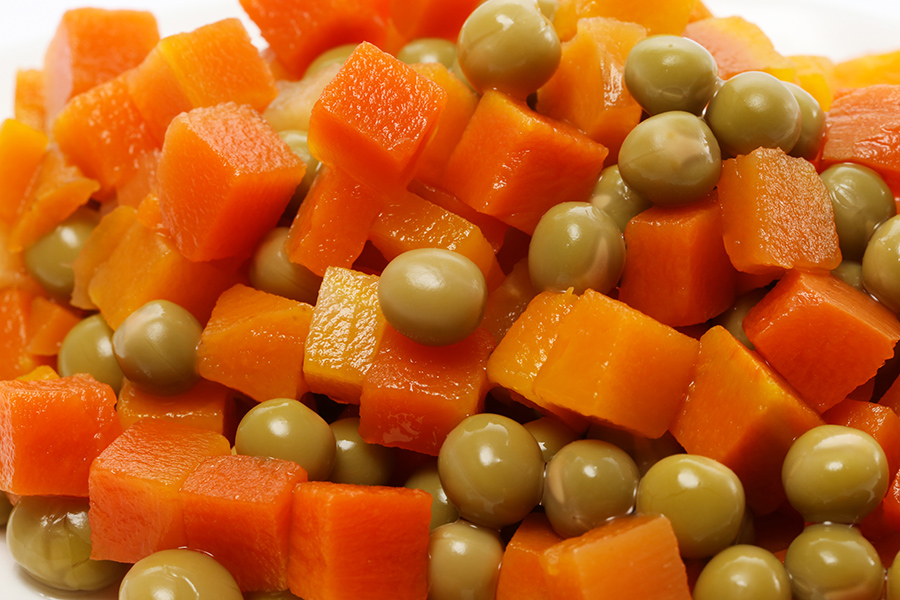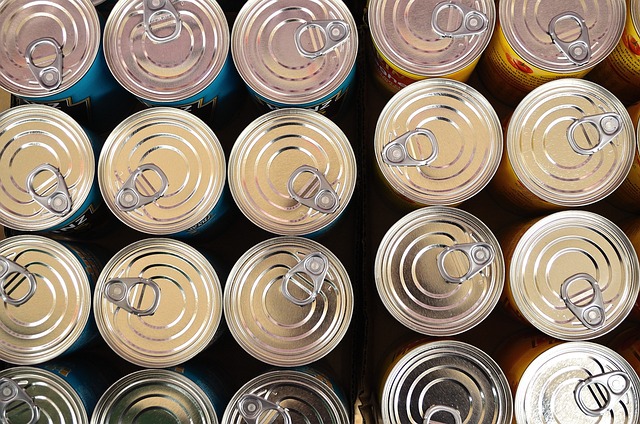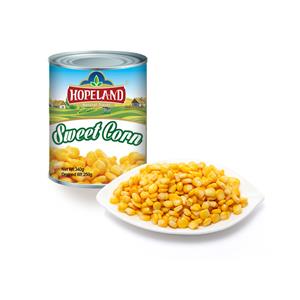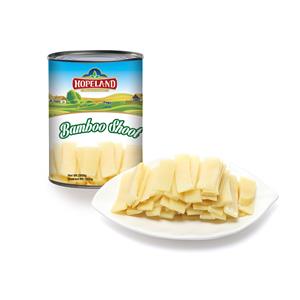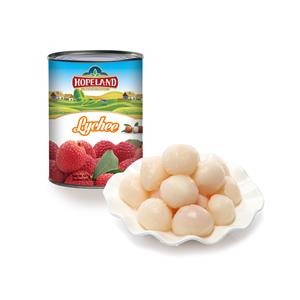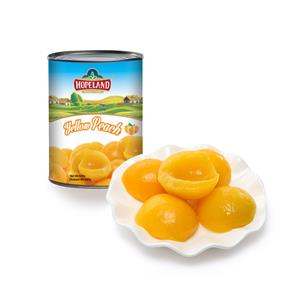What to Consider When Buying Canned Foods
Canned foods offer a convenient way to stock your pantry with long-lasting, nutritious options. However, not all canned goods are created equal. When selecting canned foods, several important factors come into play to ensure that you’re getting the best quality products for your household. This guide will cover key considerations such as expiration dates, labels, packaging, the reputation of the brand, and storage, helping you make informed choices when shopping for canned goods.
1. Expiration Dates: Ensuring Freshness and Safety
One of the first things to check when purchasing canned foods is the expiration date. This date indicates the period during which the food is expected to retain its optimal quality, including flavor, texture, and nutritional value. While canned foods have a long shelf life, it’s still essential to select items with the farthest expiration dates to maximize the time you have to use them. Be mindful that, although some canned goods may remain safe to eat past the expiration date, their quality might degrade. Keeping an eye on expiration dates ensures that your stockpile remains fresh and safe for consumption.
2. Labels: Understanding Ingredients and Nutritional Information
The label on a can contains vital information about its contents, including ingredients, nutritional values, and any preservatives or additives. When selecting canned foods, take time to read the labels to ensure that you’re choosing products that meet your dietary needs. For example, some canned goods may contain added sodium or sugars, which might not align with your health goals. Additionally, if you have allergies or specific dietary restrictions, labels will help you avoid ingredients that could be harmful. Understanding what’s inside each can is crucial for maintaining a balanced and healthy diet.
3. Packaging: Checking for Integrity and Durability
The condition of the packaging plays a significant role in the safety of canned foods. Before purchasing, inspect the can for any signs of damage, such as dents, rust, or swelling. These defects can indicate potential contamination or compromise the integrity of the food inside. Swollen or bulging cans, for example, might be a sign of bacterial growth and should be avoided at all costs. Additionally, ensure that the packaging is tightly sealed, as any signs of leakage could point to spoilage. Choosing cans with intact and durable packaging ensures that the food inside is protected and safe to eat.
4. The Reputation of the Brand: Trust in Quality
The brand behind the canned food you purchase can significantly influence the quality of the product. Established and reputable brands often adhere to higher quality standards and safety regulations, giving you confidence in their products. When deciding between different options, consider the reputation of the brand. Reading reviews, asking for recommendations, and doing a little research on the company’s manufacturing practices can help ensure that you’re investing in canned foods that meet rigorous safety and quality standards. A trusted brand can make a difference in the overall satisfaction and safety of your canned food purchases.
5. Storage: Maximizing Shelf Life
Proper storage is critical to maintaining the quality and safety of your canned food. Canned goods should be stored in a cool, dry place, away from direct sunlight or heat sources. Extreme temperatures can affect the quality of the food inside, causing it to spoil prematurely or lose its nutritional value. Additionally, it’s important to organize your canned goods by expiration date, using the “first in, first out” method to ensure that older items are used before newer ones. Proper storage not only extends the shelf life of your canned foods but also ensures that you’re always consuming fresh, high-quality products.
In conclusion, when buying canned foods, factors such as expiration dates, labels, packaging, the reputation of the brand, and proper storage all play crucial roles in ensuring the quality, safety, and satisfaction of your purchases. By keeping these considerations in mind, you can make informed decisions that benefit both your health and your pantry’s stockpile. Whether you’re preparing for emergencies or simply looking for convenient meal options, taking the time to evaluate these aspects will ensure you choose the best canned goods for your needs.

